The Role of Blockchain in Mobile App Development
In recent years, blockchain technology has emerged as a revolutionary force across multiple industries, and mobile app development is no exception. Mobile app developers are increasingly exploring blockchain to create more secure, transparent, and efficient applications. By integrating blockchain technology into mobile apps, developers can offer innovative features and provide solutions to existing challenges like data privacy, security, and fraud prevention.
Understanding Blockchain Technology
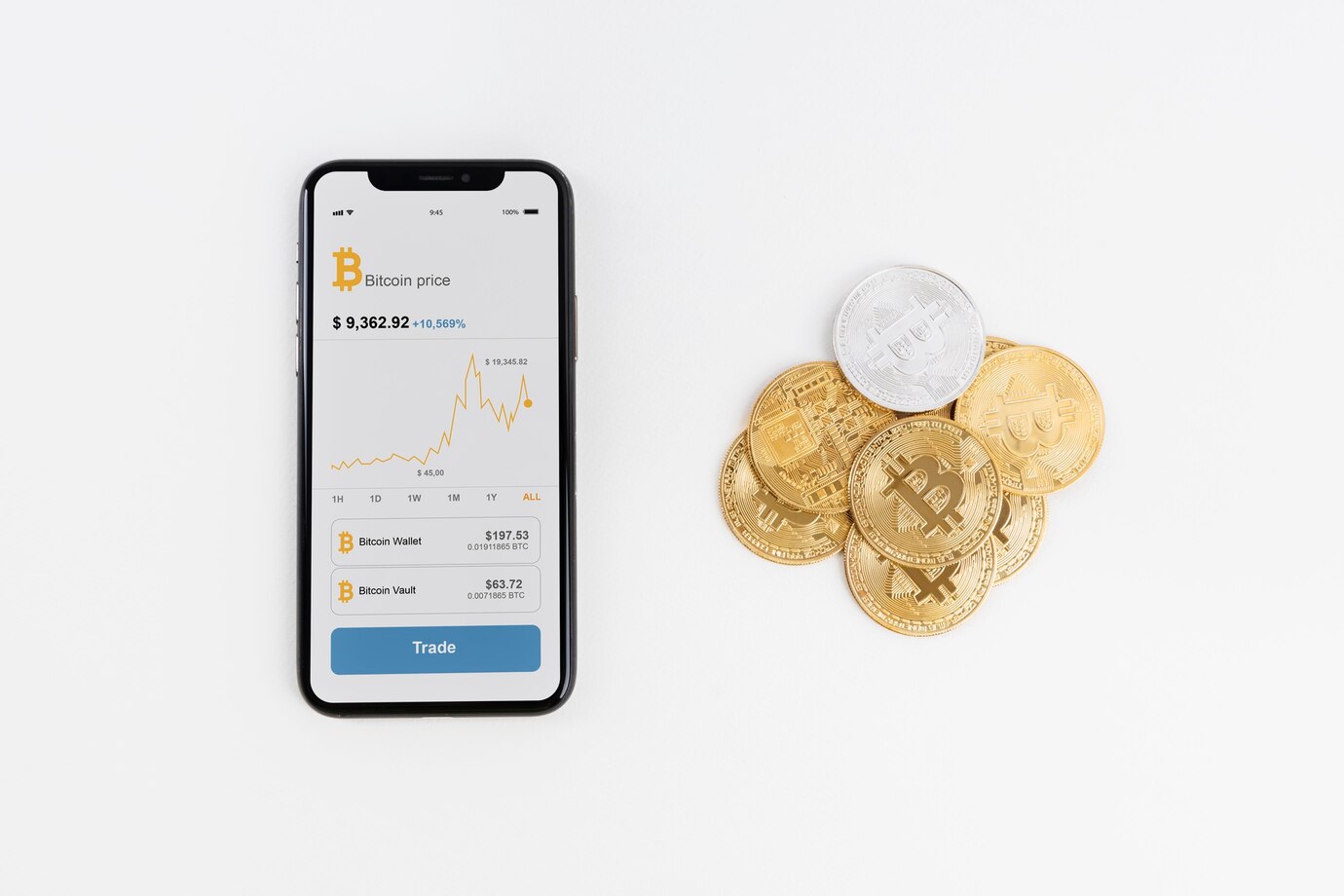
Blockchain is a decentralized and distributed ledger system that records transactions across many computers in such a way that the registered transactions cannot be altered retroactively. This decentralized structure makes it highly secure and transparent. While blockchain is most commonly associated with cryptocurrencies, its applications in mobile app development extend far beyond digital currencies.
Mobile app developers can leverage blockchain’s potential to transform the way apps are built and function. From enhancing security to improving user experience, blockchain opens up new opportunities in various sectors, including healthcare, finance, supply chain management, and more.
Security and Data Privacy
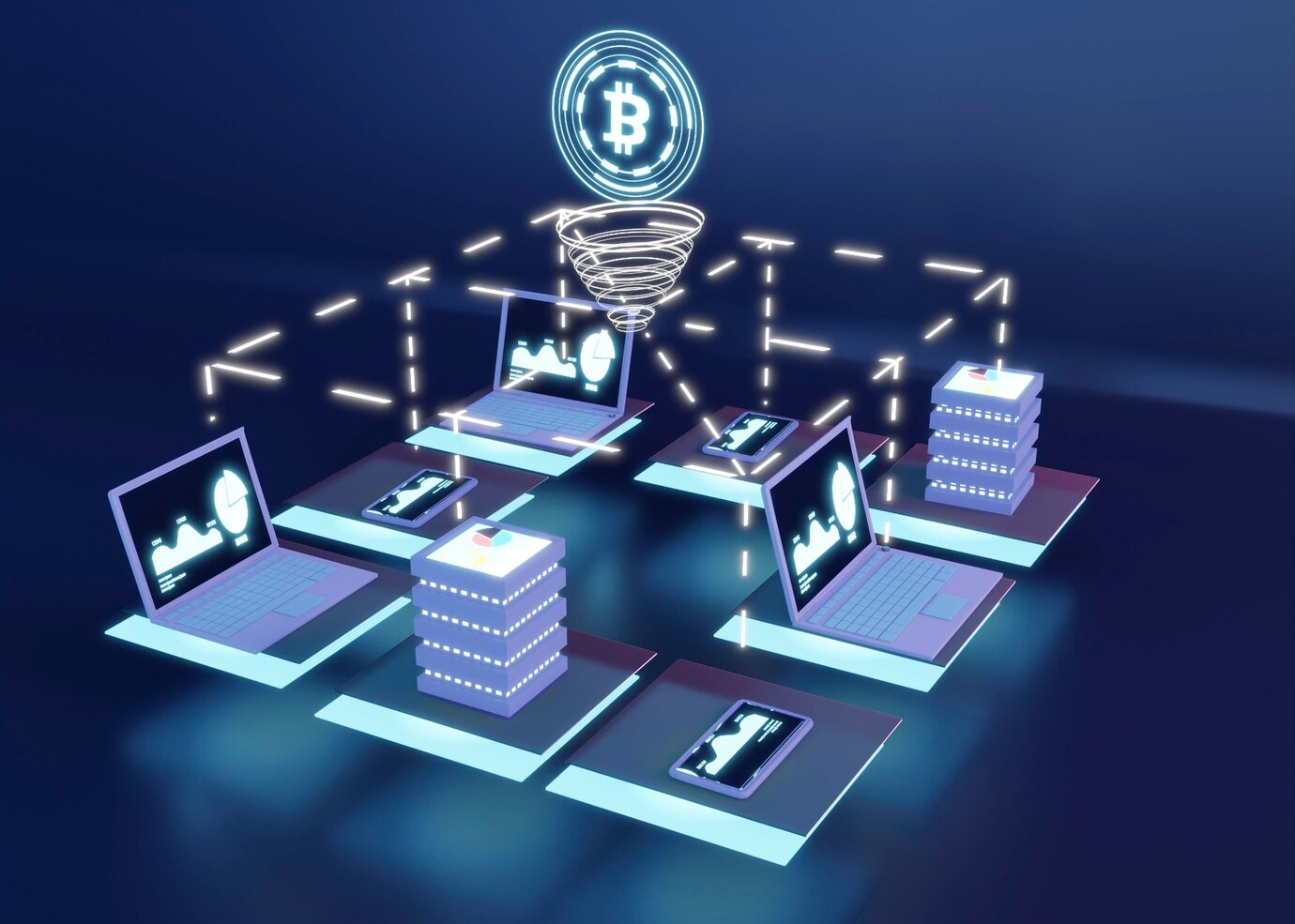
One of the most compelling reasons for integrating blockchain in mobile app development is the enhanced security it offers. Mobile apps are often vulnerable to cyberattacks, data breaches, and fraud due to centralized storage systems. Traditional centralized models store data in a single location, making it an easy target for hackers. However, with blockchain’s decentralized nature, data is distributed across multiple nodes, making it nearly impossible for attackers to compromise the entire system.
For mobile app developers, this presents a unique opportunity to offer apps with better data security. Personal and sensitive user information, like passwords, payment details, and health records, can be stored securely in a blockchain network. Moreover, blockchain enables cryptographic techniques that protect the integrity of data by preventing unauthorized access or tampering.
In addition, blockchain’s transparency feature allows users to track all activities and transactions related to their data. This builds trust between the app and its users, as individuals can independently verify their data’s security.
Enhancing User Authentication

Another significant use of blockchain in mobile app development is in improving user authentication processes. Mobile app developers face the challenge of ensuring that users can easily and securely log into their apps. Traditional authentication methods, like passwords or SMS-based verification, are prone to security risks such as phishing attacks and identity theft.
Blockchain-based authentication provides a more secure alternative. Through decentralized identity (DID) systems, users can authenticate their identity using a blockchain network instead of relying on a centralized authority. This process involves creating a cryptographic key pair, where users hold the private key and the public key is stored on the blockchain. This method not only enhances security but also gives users control over their own identity.
Furthermore, blockchain can enable the use of biometrics, such as fingerprints or facial recognition, as part of the authentication process. This dual-layered authentication system significantly reduces the risk of unauthorized access.
Improving Payments and Transactions
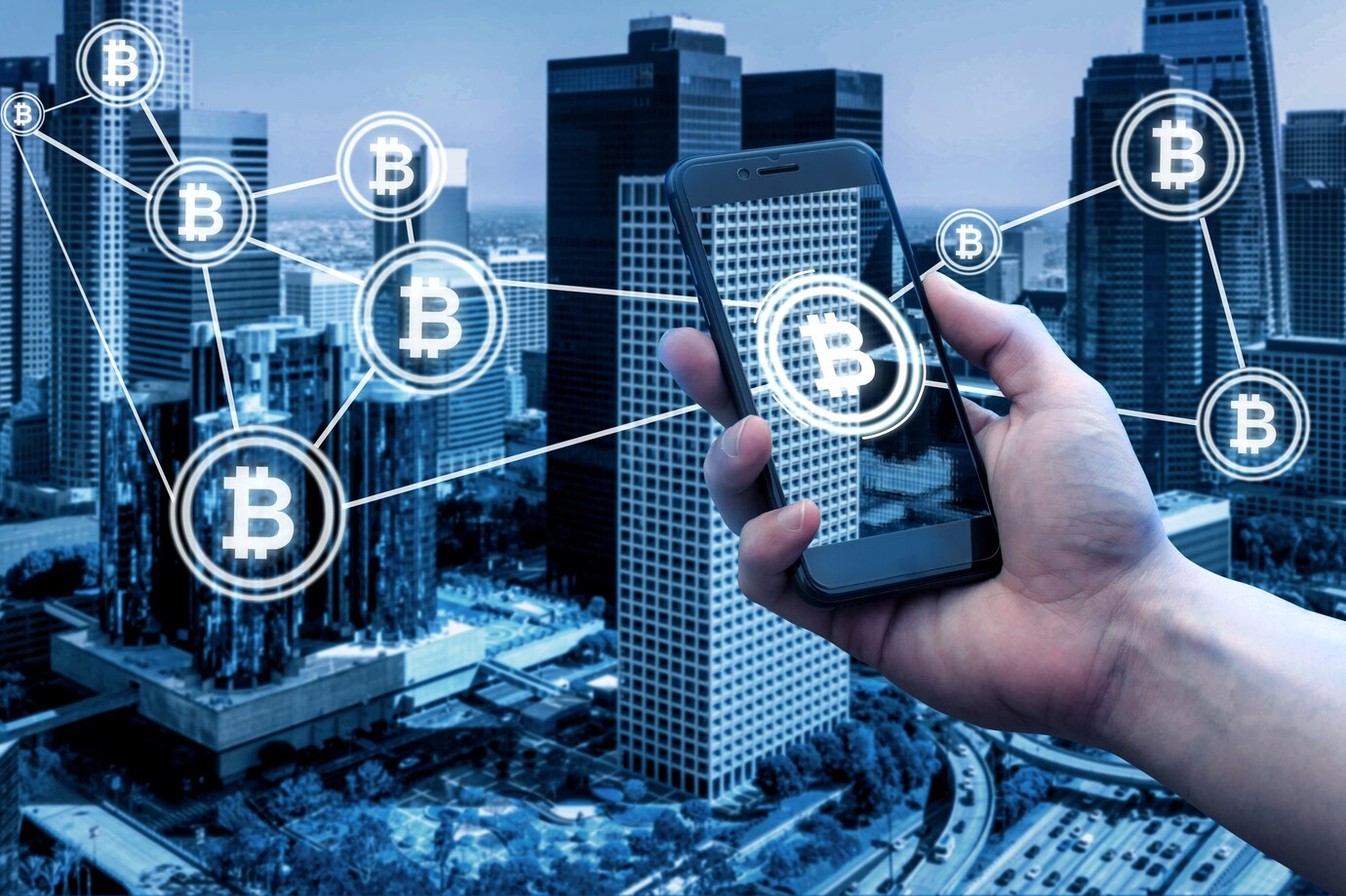
Blockchain technology’s impact on mobile app development is particularly noticeable in the realm of payments. Traditionally, mobile apps rely on third-party payment processors to handle transactions. While this system works well, it can be slow, expensive, and prone to security vulnerabilities. Blockchain, however, allows mobile app developers to integrate direct peer-to-peer payment systems, reducing the need for intermediaries and cutting down transaction costs.
Incorporating cryptocurrency payment systems, like Bitcoin or Ethereum, into mobile apps is becoming more common. This is particularly beneficial for international transactions, as blockchain allows for near-instantaneous cross-border payments without the need for traditional banking systems. For mobile app developers, this means offering users a faster, more affordable, and more secure payment option.
Moreover, blockchain can enhance the transparency of transactions. Each transaction on the blockchain is recorded on a public ledger, allowing users to trace their payment history easily. This adds an extra layer of trust for users, particularly in sectors such as e-commerce or online gaming, where financial transactions are frequent.
Supply Chain and Inventory Management
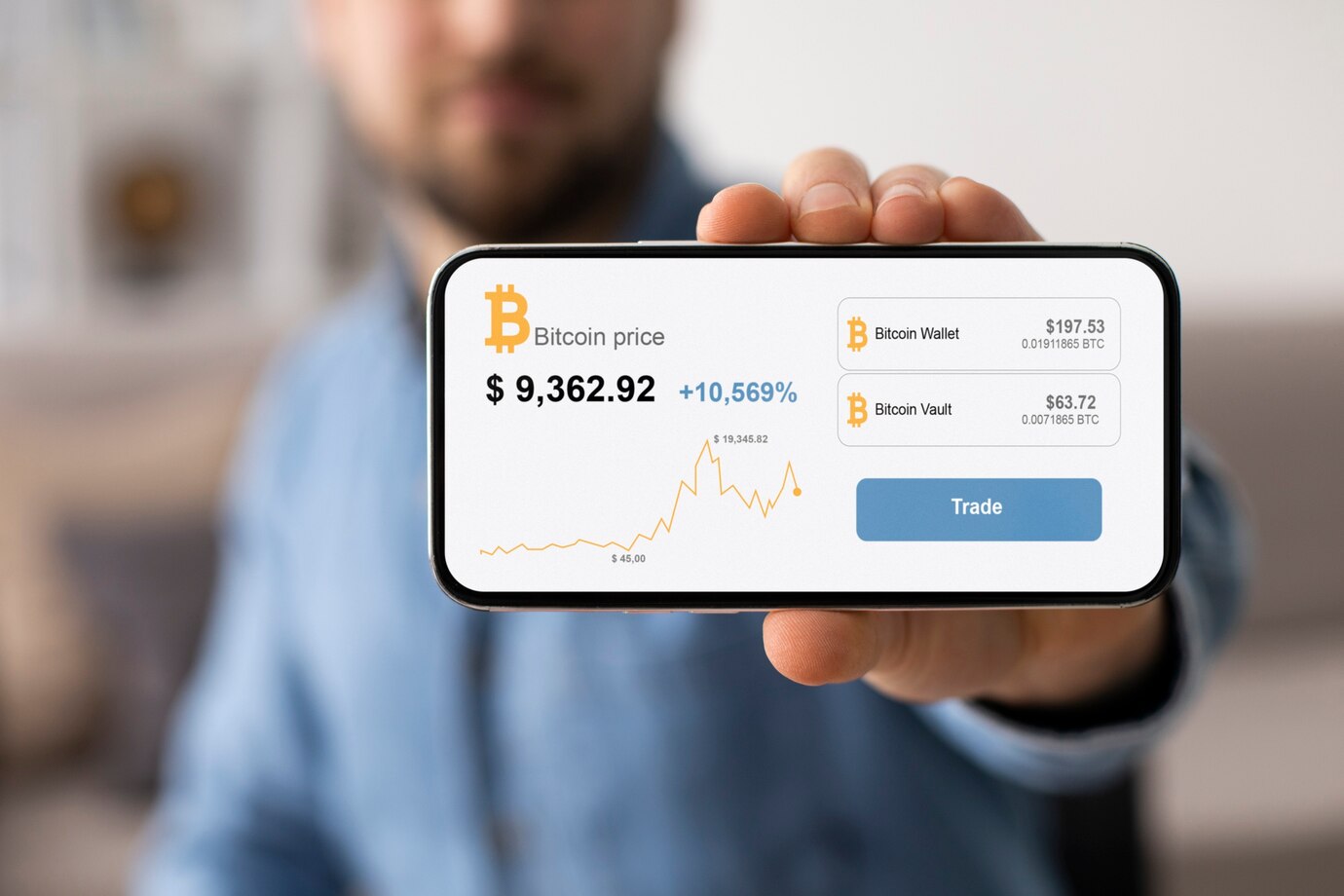
Blockchain can also improve supply chain and inventory management systems within mobile applications. For mobile app developers working in industries like retail or manufacturing, integrating blockchain can create more efficient and transparent supply chains.
By recording every transaction on the blockchain, developers can enable real-time tracking of products, raw materials, and shipments. This transparency ensures that all parties involved in the supply chain can verify the authenticity and condition of products, reducing the risk of fraud and errors.
Moreover, blockchain’s decentralized nature ensures that no single entity controls the data, which leads to greater trust among supply chain stakeholders. This is especially valuable for mobile apps in industries like pharmaceuticals, where product traceability and authenticity are crucial.
Smart Contracts for Automation
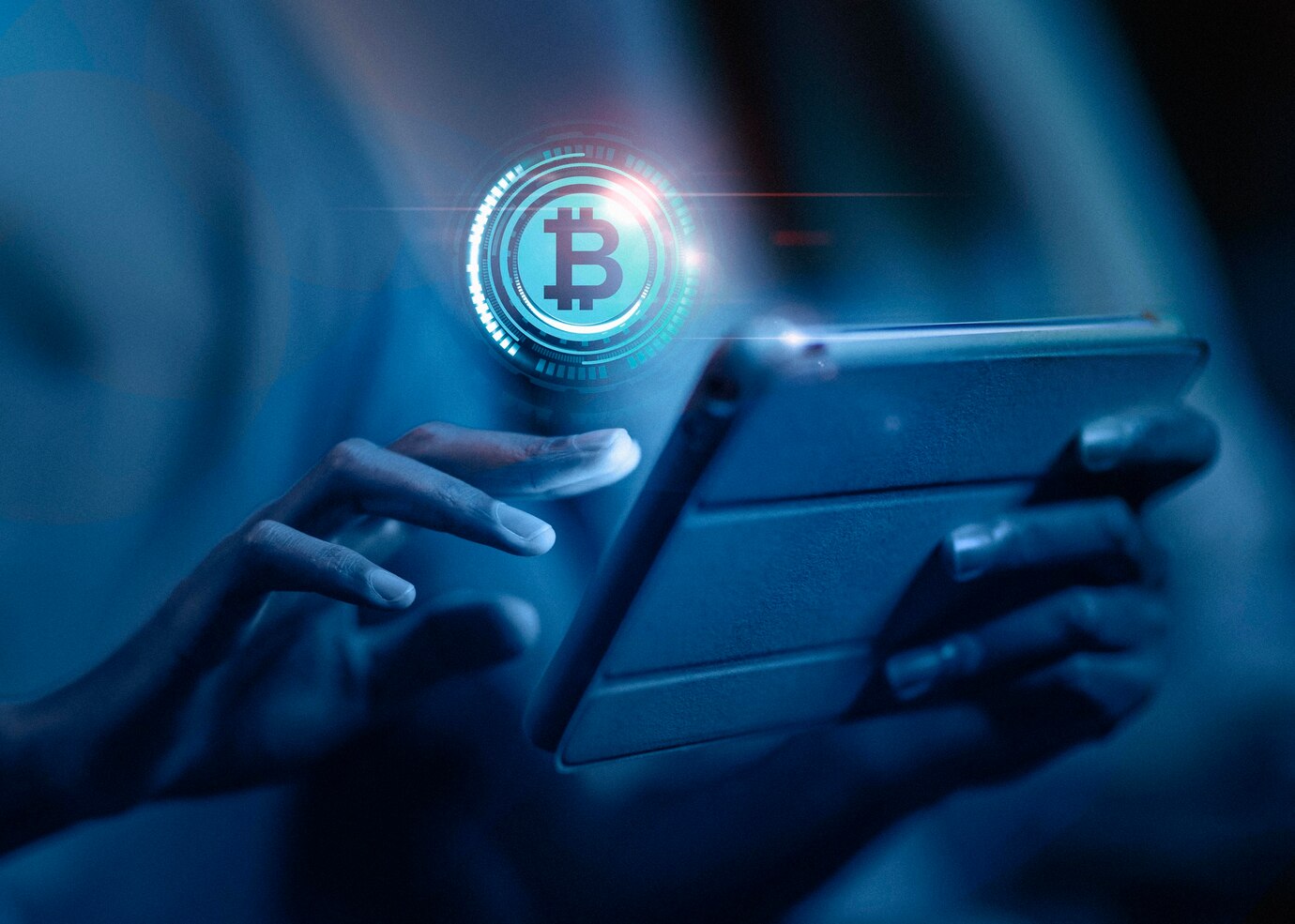
Smart contracts, which are self-executing contracts with the terms of the agreement directly written into code, are one of blockchain’s most innovative features. Mobile app developers can use smart contracts to automate various processes within mobile applications, eliminating the need for intermediaries and reducing human error.
For example, in a mobile app for property rentals, a smart contract could automatically execute payment once the terms of the rental agreement are met, without requiring a third party to verify the transaction. This level of automation improves efficiency and minimizes the risk of disputes or delays in completing transactions.
Smart contracts also provide a layer of security because they are tamper-proof. Once deployed on the blockchain, they cannot be altered, ensuring that all parties involved are bound to the terms of the agreement.
The Future of Blockchain in Mobile App Development
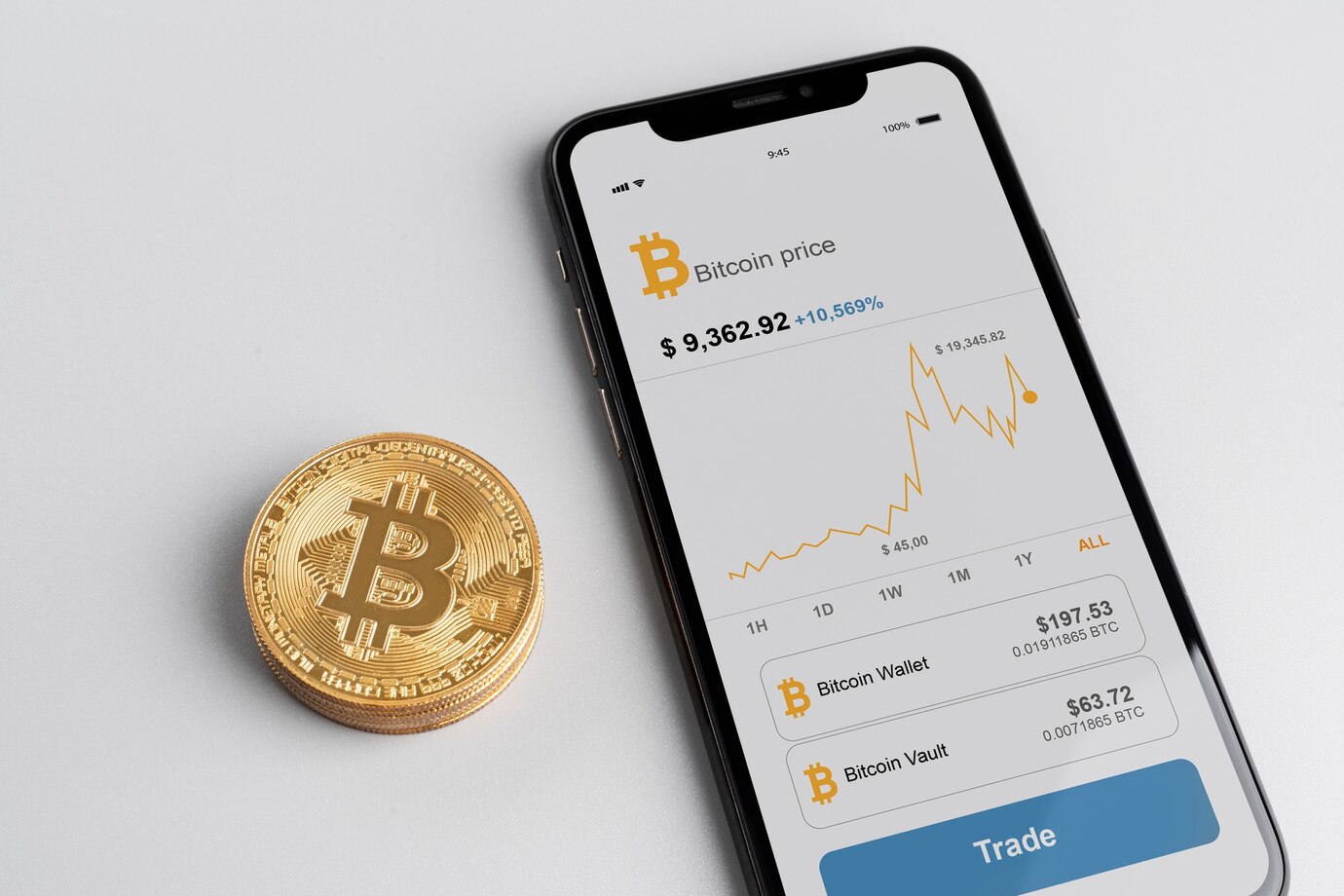
As blockchain technology continues to evolve, mobile app developers will have access to even more advanced tools and features that will shape the future of mobile applications. The integration of blockchain can enable developers to build more secure, efficient, and user-friendly apps that cater to the growing demand for privacy and transparency in today’s digital world.
However, developers must also consider the technical challenges of implementing blockchain, such as the high energy consumption of certain blockchain networks and the complexity of integrating decentralized systems. Despite these challenges, the potential benefits of blockchain in mobile app development are immense and will likely lead to continued innovation in the industry.
Conclusion
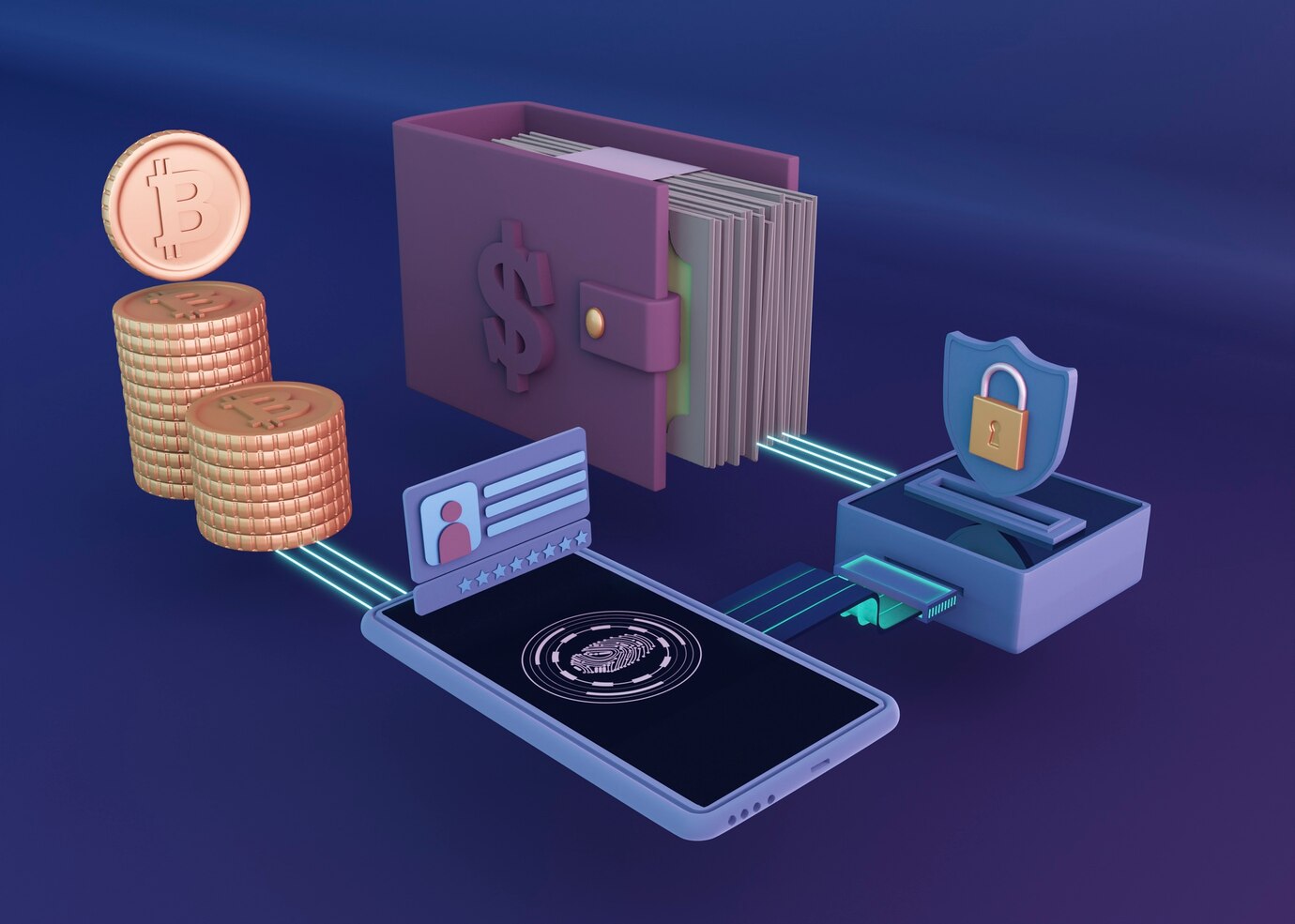
Blockchain has the potential to redefine the way mobile app developers build and deploy applications. By offering enhanced security, transparent transactions, and innovative features like smart contracts and decentralized authentication, blockchain technology provides mobile app developers with a powerful tool to meet the demands of modern users. As blockchain continues to evolve, its role in mobile app development will undoubtedly grow, offering new opportunities for developers to create cutting-edge, secure, and efficient applications.






